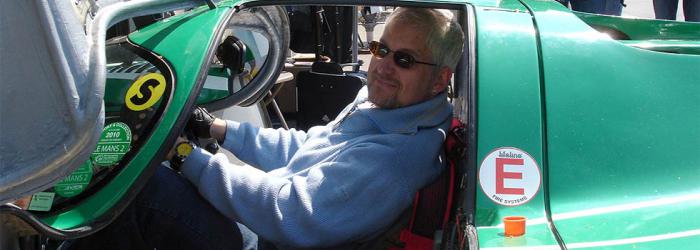Wilmots Litigation secures victory for David Piper

DAVID PIPER v MARK HALES 2013
In 2009, Mark Hales, a well known motoring journalist, persuaded a reluctant David Piper, an ex-racing driver, to lend him his Porsche 917 racing car in order, for a payment of £2000, to track test it against a Ferrari for a magazine article. The car was worth about £1.3 million.
This type of contract is known as a contract of bailment. The law provides in these circumstances that the borrower must take reasonable care of the car, and return it to the owner undamaged. If he does not do so he is liable to the owner for the cost of repairs.
Before testing the car DP insisted that the car be insured and was told by MH that it was fully insured against driver error. MH was also warned to ensure the gears were fully engaged before accelerating and that under no circumstances to rev beyond 7000 rpm.
On the track MH missed a gear, revved to 8200 rpm and caused nearly £40,000 of damage to the engine.
The insurers refused to pay, as the Policy did not cover mechanical breakdown.
MH denied it was his fault but was found personally liable in The High Court for the damage, having admitted in writing to his insurers that it was his fault for over revving because he had missed a gear and that there was nothing wrong with the car. He was therefore in breach of the contract of bailment.
Some interesting points arise from the case.
- If you are lending or borrowing a car make it crystal clear on what terms it is to take place, preferably in writing.
- If an insurance policy is in force read the terms!
- Although the alleged rule “you bend it, you mend it” was discussed, this decision does not affect it, since this case was determined by reference to the actual agreement between the parties. However the rule itself is merely a reflection of the obligations under a contract of bailment.
- An individual may protect himself by operating through a limited company, but if he does so it must be made clear to the other party, again in writing, before any agreement is made. MH did have such a company, but produced no evidence that DP knew he was operating through it before the agreement.
- If the engine had merely blown up because it was faulty MH would not have been liable.
- The more valuable the car, the greater will be any claim for loss of use while it is being repaired. In this case it amounted to over £10,000.
